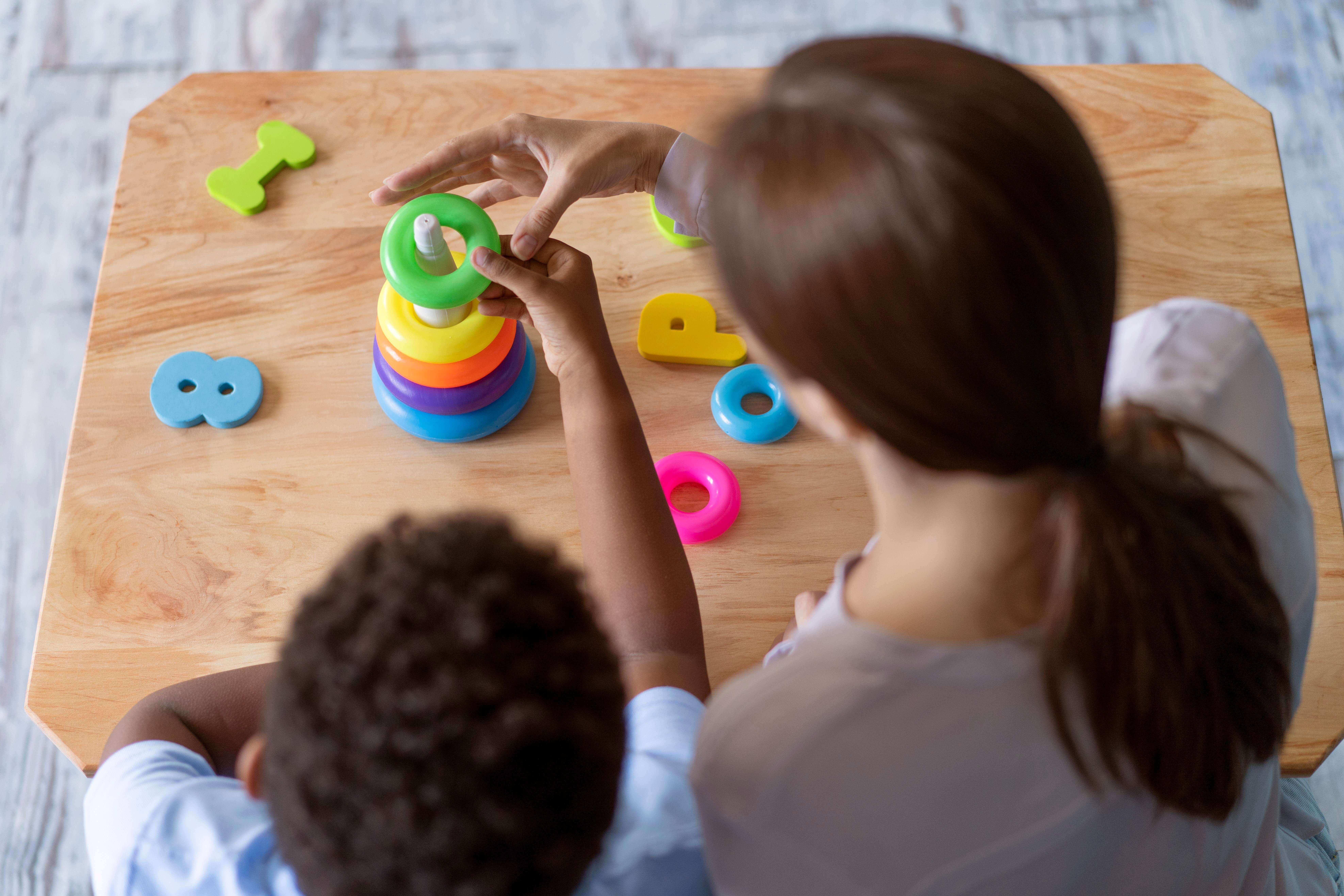Nurses are compassionate and skilled caregivers who play a crucial role in providing quality healthcare to patients of all ages. When it comes to pediatric care, they encounter a diverse range of young patients, including those with learning disabilities. Children with learning disabilities often require special attention and care to ensure their hospital experience is positive and effective. Let's explore how nurses can help hospitals care for children with learning disabilities, ensuring they receive the best possible healthcare while making their families feel supported and reassured.
Understanding Learning Disabilities in Children
Before diving into the ways nurses can provide support, it's essential to understand what learning disabilities are. Learning disabilities are neurological disorders that affect a child's ability to process, retain, or use information effectively. These disabilities can manifest in various ways, including difficulties with reading, writing, math, or even communication. They are not indicative of a child's intelligence but rather impact how they learn and acquire knowledge.
Challenges Faced by Children with Learning Disabilities in Hospitals
Hospitalization can be a challenging experience for any child, but for those with learning disabilities, it can be particularly overwhelming. Here are some common challenges these children face:
Communication Barriers: Children with learning disabilities may struggle to express their needs, symptoms, or discomfort effectively. This can lead to frustration and anxiety.
Anxiety and Stress: Hospitalization can be an anxiety-inducing experience for anyone, but it can be especially distressing for children with learning disabilities who may not fully understand the situation.
Difficulty Following Instructions: Learning disabilities can make it challenging for children to understand and follow medical instructions or routines, potentially affecting their treatment.
Sensory Sensitivities: Some children with learning disabilities may have heightened sensory sensitivities, making them more susceptible to stressors in the hospital environment.
Limited Coping Mechanisms: These children may have limited coping mechanisms to deal with the emotional and physical stress of hospitalization.
How Nurses Can Help
Nurses are uniquely positioned to provide critical support and care for children with learning disabilities in hospitals. Here are some strategies nurses can employ to make the hospital experience more manageable for these young patients:
Individualized Care Plans: Nurses should work closely with the child's family, teachers, and specialists to develop an individualized care plan tailored to the child's specific needs and learning style. This plan should consider the child's learning disability, communication preferences, and sensory sensitivities.
Effective Communication: Nurses should use clear and simple language when communicating with the child, avoiding medical jargon. Visual aids, such as pictograms or drawings, can enhance understanding.
Empathy and Patience: It's essential for nurses to exhibit empathy and patience when caring for children with learning disabilities. Taking the time to listen, understand, and acknowledge the child's feelings can help alleviate anxiety.
Visual Schedules: Utilizing visual schedules or charts can assist children in understanding their daily routines in the hospital. These schedules can provide a sense of predictability and control.
Sensory-Friendly Environment: Hospitals can create sensory-friendly spaces with dimmed lighting, noise reduction measures, and soft textures to accommodate children with sensory sensitivities.
Play and Distraction: Incorporating play and distraction techniques into care can make medical procedures less intimidating. Nurses can use age-appropriate toys or games to ease anxiety.
Family-Centered Care: Involving parents or caregivers in the child's care plan is vital. They can provide valuable insights into the child's needs and help with communication.
Education and Training: Hospitals should offer education and training for nurses on working with children with learning disabilities. This can include workshops on effective communication and strategies for managing challenging behaviors.
Advocacy: Nurses can advocate for the rights and needs of children with learning disabilities within the hospital setting. This may include ensuring access to educational services or accommodations.
Multidisciplinary Collaboration: Collaboration with a multidisciplinary team, including pediatricians, psychologists, and special education professionals, can help provide comprehensive care for these children.
Nurses play a pivotal role in ensuring that children with learning disabilities receive high-quality, compassionate care during their hospital stay. By understanding the unique challenges these children face and employing strategies like individualized care plans, effective communication, and sensory-friendly environments, nurses can make a significant difference in the hospital experience for both the child and their family. Through continuous education and advocacy, nurses can foster an inclusive healthcare environment that supports the diverse needs of all pediatric patients, including those with learning disabilities. Ultimately, their dedication and empathy contribute to improved outcomes and a more positive hospital experience for these young patients.
Be updated to nursing news and jobs here












